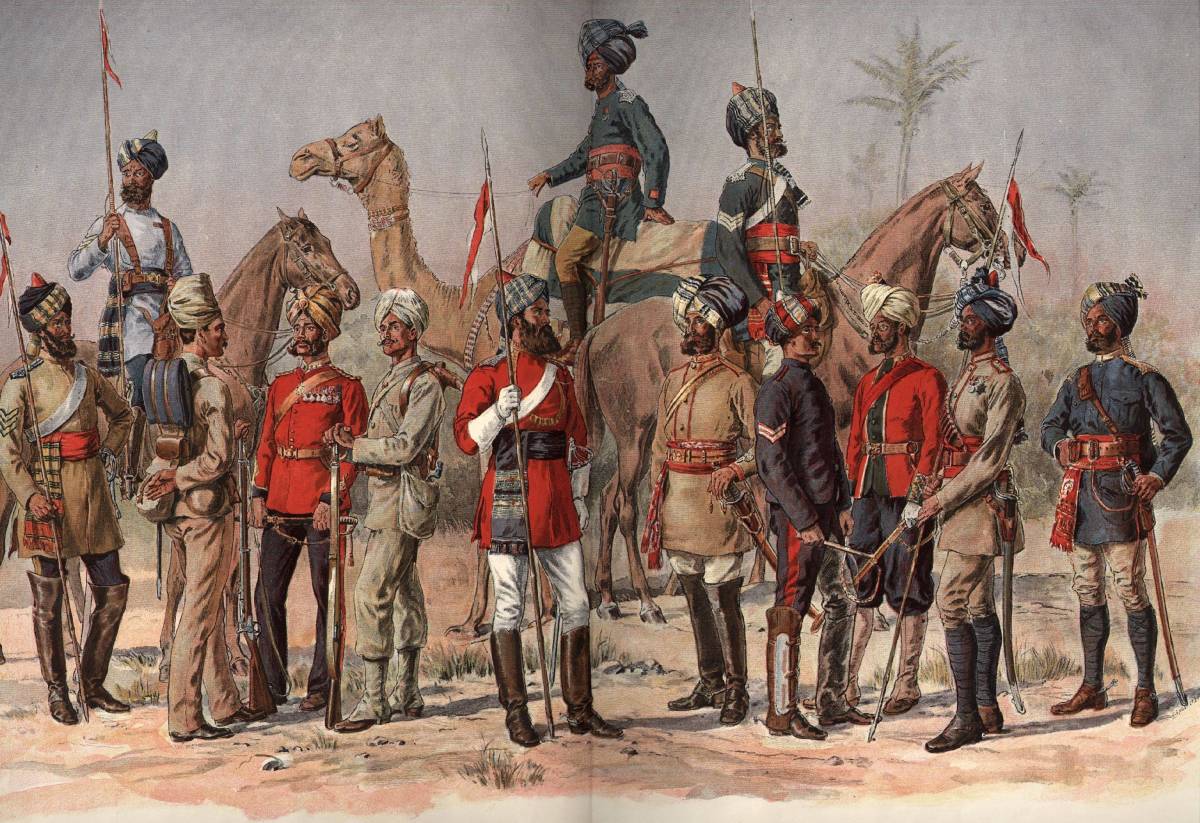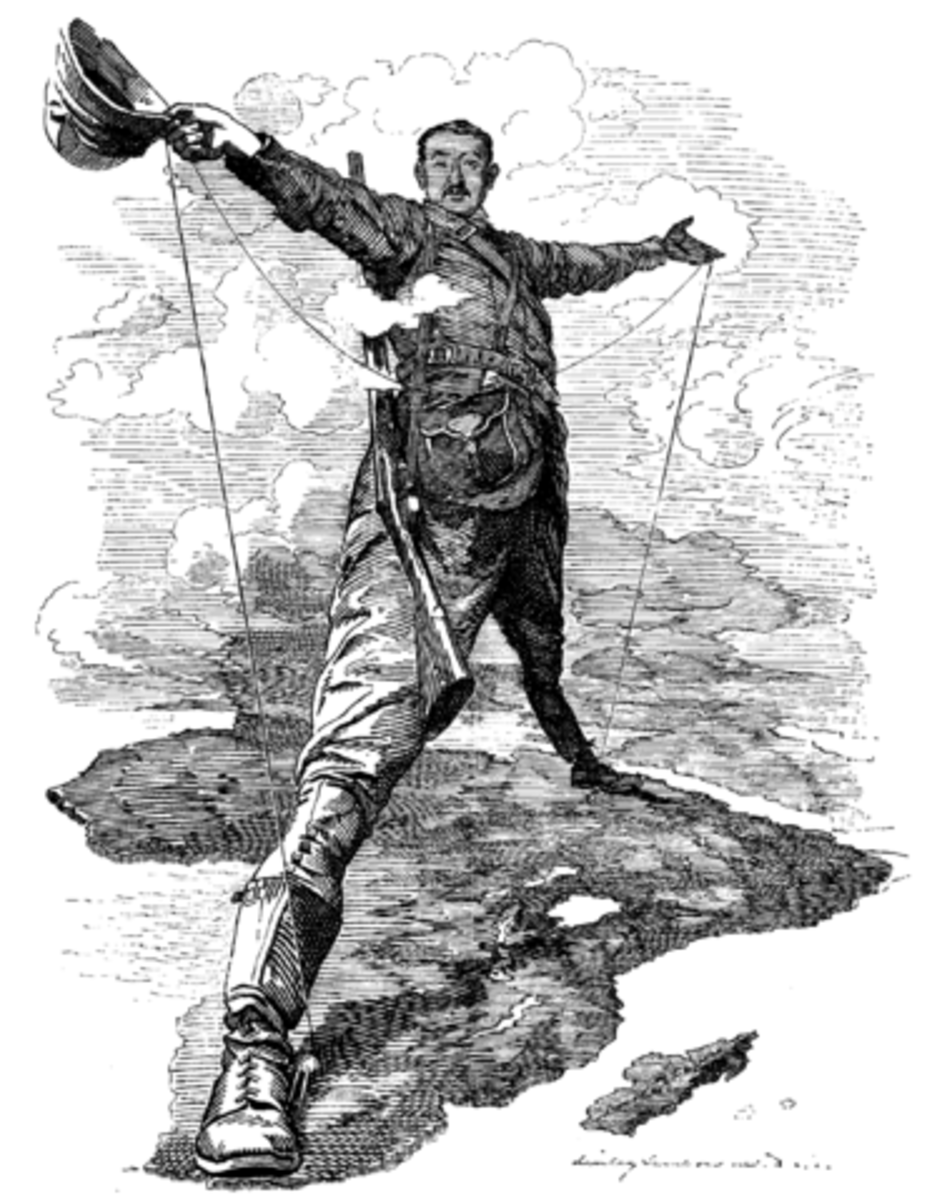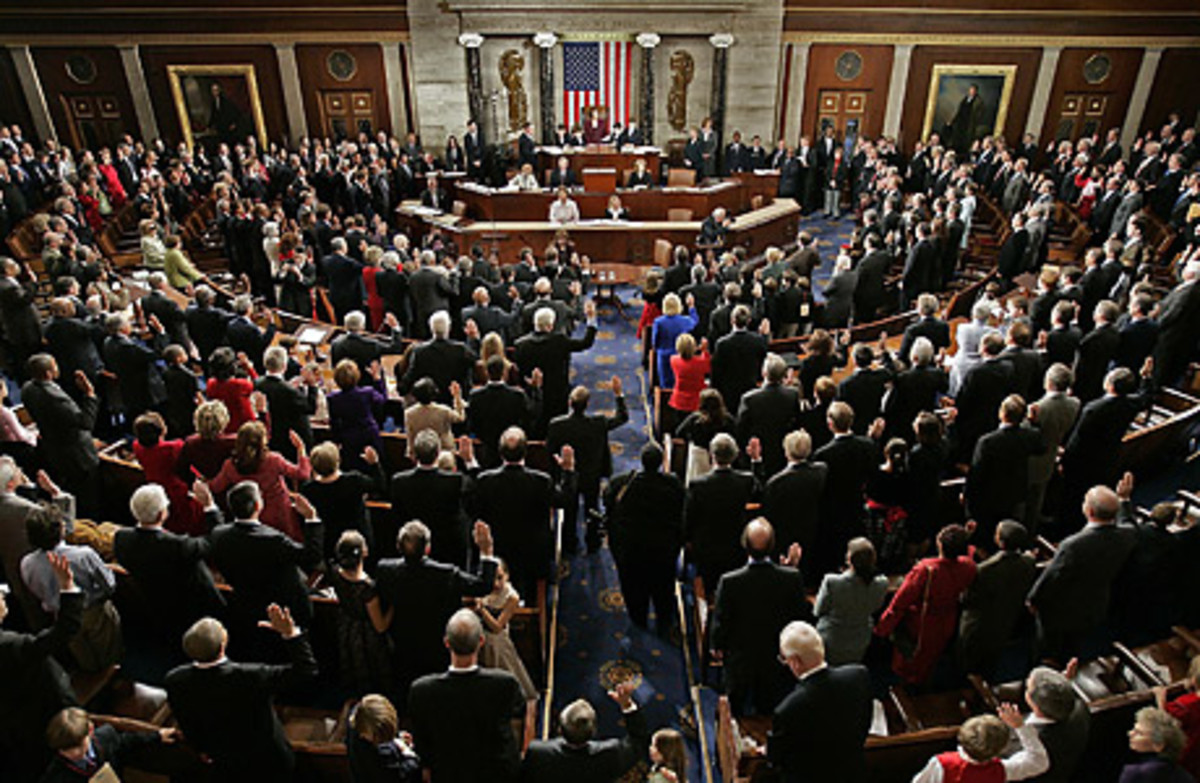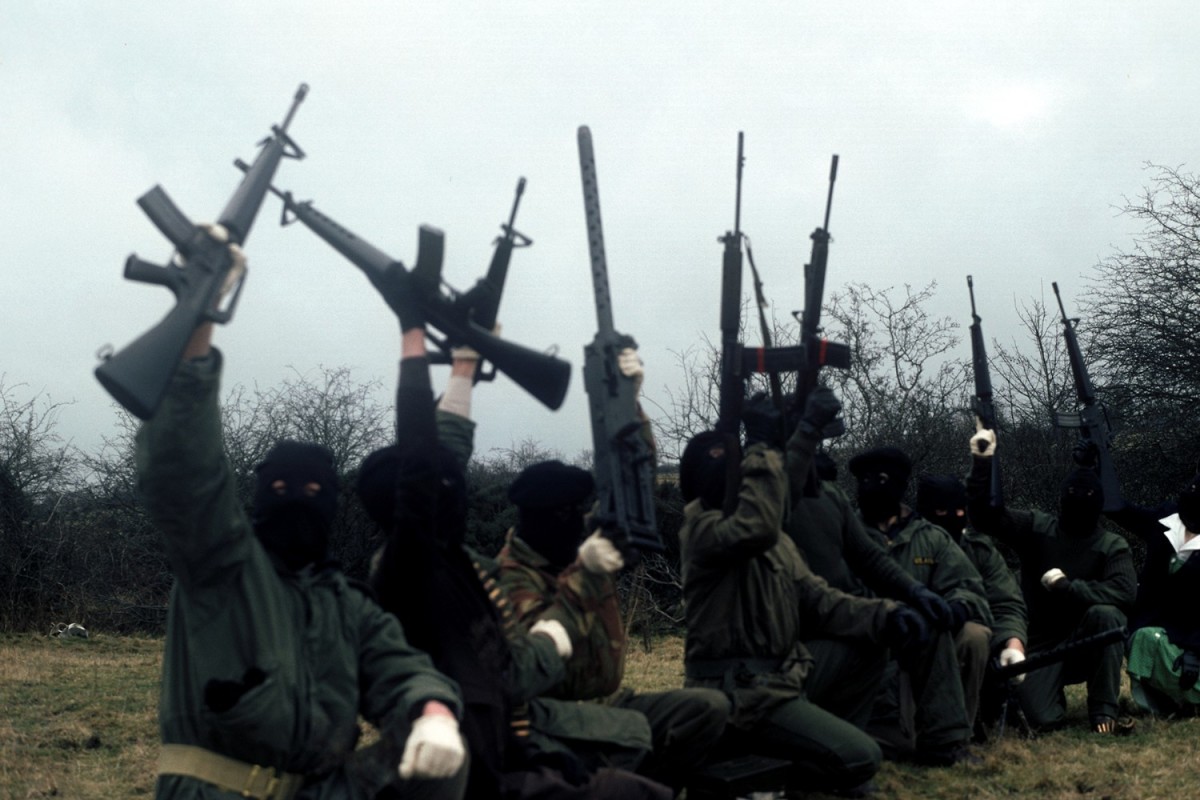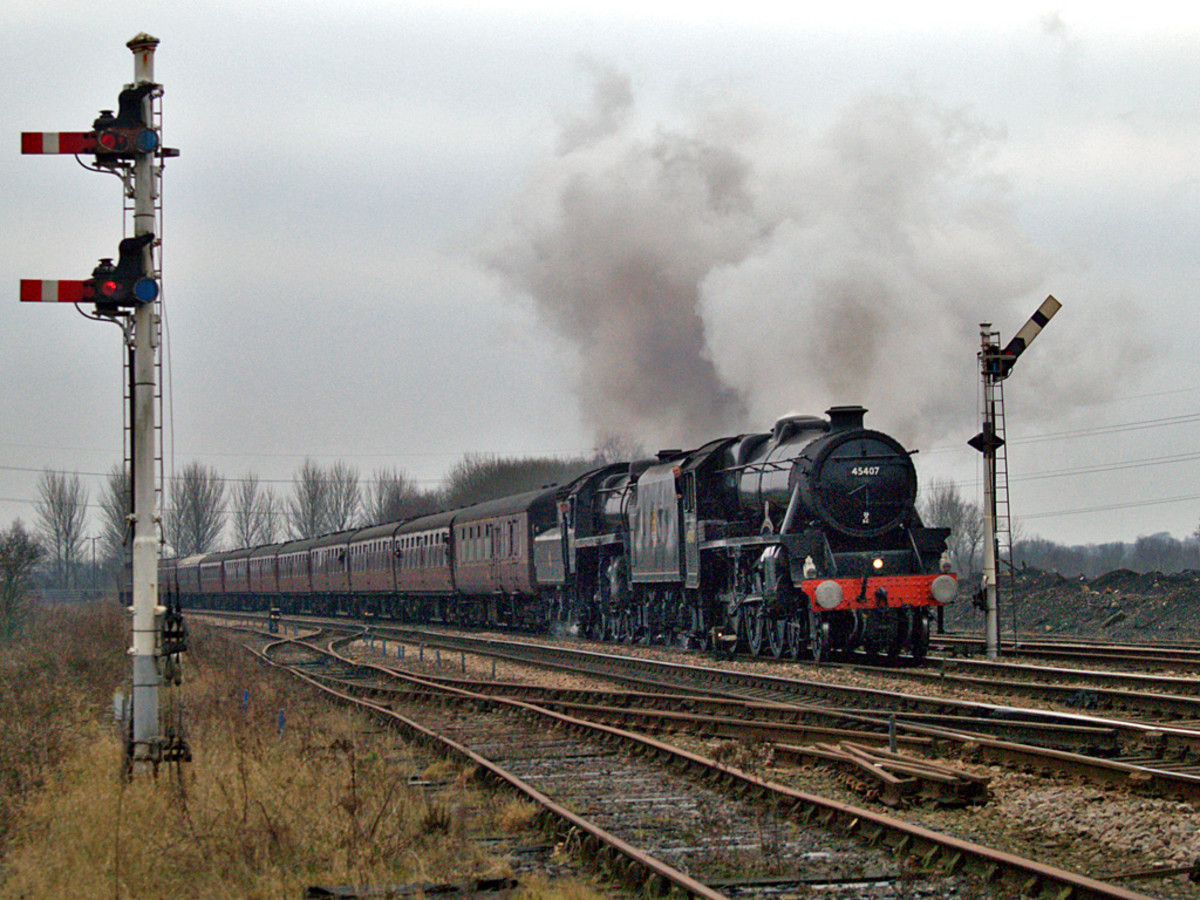The Great Famine - Ireland
The Great Famine of Ireland
GREAT FAMINE OF IRELAND
The Ireland Great Famine of the 1800s was due primarily to diseased potatoes. Potatoes were a main staple food in the Ireland region, eaten with practically every meal. In the great famine of Ireland, the Irish dependence on potatoes caused upheaval when the potatoes they used to eat became diseased. There were over 1 million deaths in the Great Famine of Ireland, the most notorious known famine in history.
Over 1/8th of Ireland's population at the time of the Great Famine of Ireland was killed making the Great Famine of Ireland extremely catastrophic. Historically, famines (mass starvation due to lack of food for the population) have occurred in many different regions including Russia and India and during the Nigerian-Biafra war of the late 1960's.
Currently, the East African nation of Kenya is experiencing a devastating famine even with aid coming in from around the world.
- A famine might typically have been known to be responsible for as many as 200,000-300,000 deaths but the over 1 million in Ireland during the 1800's far exceeds the typical devastation of a famine.
- Because the Great Famine of Ireland was such a monumental event in Irish history, the victims of the Ireland Great Famine are memorialized with statues depicting victims of the famine and a hunger walk that has been led by various people throughout the years, including Archbishop Desmond Tutu and Native American leaders.
*************************************************************************************************
British imperialism
In the 1840s, at the time of the famine, Ireland was under British imperialism, becoming part of the United Kingdom in 1801. The struggle for independence occurred later in war but even today, Northern Ireland, 1/6th of the island of Ireland is still part of the United Kingdom.
- Great Britain, being in control at the time has historically been blamed for providing lack of aid and ignoring responsibility for Ireland.
- In addition to the over 1 million estimated as having been killed, over 2 million additional Irish people were forced to emigrate from their homeland if they did not want to risk having a fate of starvation.
- Many of the people emigrated to North America and specifically the United States. During this time, individuals from Ireland accounted for 50% of migration to the United States.
Great Famine memorial - Dublin, Ireland
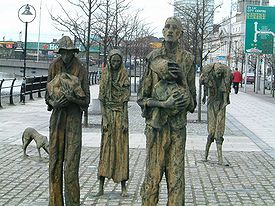
THE GREAT FAMINE OF IRELAND : Poverty
At the time of the Great Famine in Ireland, the Irish poor were in need of a better advocate to understand and assist in their struggle rather than leave them alone and expect independence and self reliance when there was no food available.
It has been argued that one of the many things the British government could have done to alleviate the pain and suffering of the Irish people was to reduce or eliminate food exports especially of grain in Ireland at least for a while.1
- Why was food being exported from Ireland when there were so many people starving within Ireland?
THE GREAT FAMINE OF IRELAND : Social responsibility
Additionally, consider the present day notion of social responsibility. When the poor are struggling and hungry, people reach out to help. Even back then, in the 1800s, there was such a thing as soup kitchens and in this time of great struggle, they were in operation but only during six months of the year 1847 when the famine indeed lasted from 1845-1849. 1
Why is this? The excuse given at the time, in Great Britain's defense was that government followed the ideology of laissez-faire. According to this ideology, government needed to be especially limited in the economic affairs of the people.
For this reason, ruthless landlords also got away with evicting upwards of 500,000 poor Irish people considered by them to be a liability. 1
THE GREAT FAMINE OF IRELAND : Irish Catholics
Also very relevant at the time of the Great Famine of Ireland was the prejudice toward Irish Catholics that was occurring. There was the notion of "Divine Providence" when disaster hit a land and affected a people.
According to the Stanford encyclopedia of Philosophy, theism holds that God is the Creator of Heaven and Earth and everything that happens in the world [good and bad] is under God's sovereign control via Divine Providence. 2
Unfortunately, during the Great Famine of Ireland, Religion and Theology were used as excuses to keep hands tied and prevented from reaching out to help the marginalized and destitute, all under the guise of "Moralism" or the act of moralizing according to the Merriam Webster dictionary.3
The British basically placed their own Puritan judgement on Irish Catholics, being prejudiced and stereotyping them as lazy, violent and slovenly and resigned themselves to minimal interference in the struggle of the Irish people. The British felt that the Irish could benefit from forced self reliance and perhaps change their ways.1
Resilience
- It is truly fascinating to study the social and political issues and injustices that are occurring presently and have occurred throughout World History.
- This article will be one of a series of many highlighting these issues from slavery to general imperialism, prejudice, corruption and war, natural and man made disasters and how they were dealt with, whether with apathy and lack of consideration or with true conscientious aid.
- Most fascinating is the resilience of a people to regain footing, after going through struggles and torments of all sorts, to build up their culture, heritage and nation and to survive and thrive.
References
1. The Irish Famine by Jim Donnelly. Online Retrieved 11/5/2011 http://www.bbc.co.uk/history/british/victorians/famine_01.shtml.
2. Stanford Encyclopedia of Philosophy. Online Retrieved 11/5/2011 http://plato.stanford.edu/entries/providence-divine/
3. Moralism. Online Retrieved 11/5/2011 http://www.merriam-webster.com/dictionary/moralism
1. Memorials around the world
2. Irish Hunger Memorial- Battery Park City, New York City
© 2011 Nyesha Pagnou MPH

